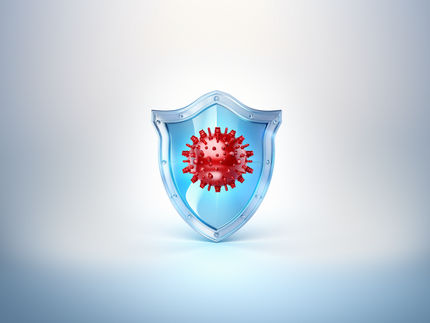MaxiVAX starts anti-cancer clinical trial based on active immunotherapy
Novel high-tech anti-cancer vaccination therapy boosts the patient’s own immune response
MaxiVAX SA is conducting a clinical phase 1 trial at the Geneva University Hospitals with its proprietary cancer vaccination MVX-ONCO-1 in 15 patients suffering from various cancers at an advanced stage.
The Immuno-Oncology therapeutic protocol and product of MaxiVAX is based on boosting the patient’s own immune response against his/her cancer cells. The first component is a vaccine aiming at an immune protection against existing cancer and metastases. A key benefit of the MaxiVAX vaccine is that it enables the patient to build up a simultaneous immune response across multiple antigens, and thereby increases the likelihood of success. The second component is an immune-boosting agent which is provided via genetically re-programmed cells that secrete the agent in a sustained manner at the site of vaccination. These cells are themselves immuno-protected by a small hollow-fibre capsule, implanted under the skin. This technology of protein delivery by encapsulated cells was pioneered by Prof. P. Aebischer, President of EPFL in Lausanne, who has been an advisor to MaxiVAX since its foundation.
This first phase I clinical trial of MVX-ONCO-1 is currently underway at the Geneva University Hospitals, under the auspices of SwissMedic. The therapeutic products are manufactured at the Centre of Cell Therapy, whereas patients are treated at the onco-haematology clinical research unit of the Dr. Henri Dubois-Ferriere Dinu Lipatti Foundation, at the Oncology Centre of the HUG. This clinical trial will evaluate the vaccine candidate’s safety and feasibility. Four patients out of a scheduled 15 patients, all with advanced stage tumors, have now received treatment with promising initial results. The feasibility of the treatment has been validated and all quality/safety endpoints have been met so far. No local or systemic side effects were detected in relation to the anti-tumor immunizations.
Other news from the department research and development

Get the life science industry in your inbox
By submitting this form you agree that LUMITOS AG will send you the newsletter(s) selected above by email. Your data will not be passed on to third parties. Your data will be stored and processed in accordance with our data protection regulations. LUMITOS may contact you by email for the purpose of advertising or market and opinion surveys. You can revoke your consent at any time without giving reasons to LUMITOS AG, Ernst-Augustin-Str. 2, 12489 Berlin, Germany or by e-mail at revoke@lumitos.com with effect for the future. In addition, each email contains a link to unsubscribe from the corresponding newsletter.






















































